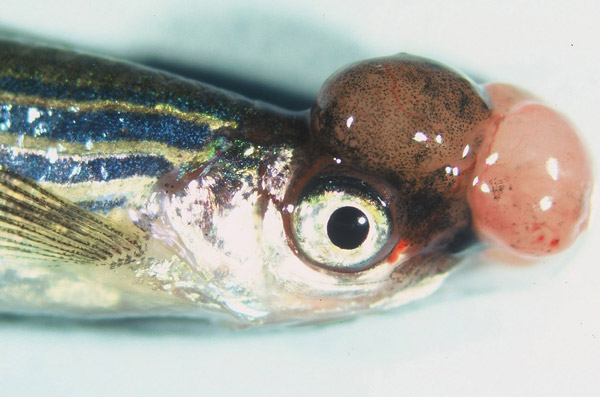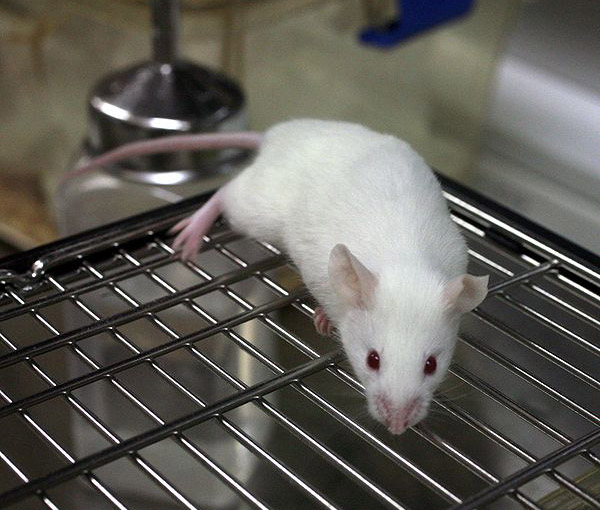Sadly many health charities test on animals. As an animal rights group we campaign against this primarily for the animals involved, but we also feel it is a waste of public money and is helping to delay medical progress by relying on the outdated animal model for human medical research. It also focuses attention on the possibility of finding cures for diseases when is well known that lifestyle and environmental factors are key in causing many diseases.
Animal Aid has published a detailed report into animal testing by charities which reveals:
- The British Heart Foundation funds highly invasive experiments involving dogs, goats, pigs and rabbits as well as large numbers of fish. For heart disease research healthy animals have often been grievously injured to produce a condition that is markedly different from those found in human patients. Dogs have had their hearts systematically destroyed over a period of months by the injection of polystyrene beads into their coronary arteries. With pigs, the favoured method is to place constricting rings around those same arteries. These narrow gradually over a period of weeks, resulting in a heart attack.

- Cancer Research UK funds dozens of animal studies, mostly on mice, at academic and research institutions throughout the UK and overseas. Animal researchers have struggled for decades to mimic human cancer in mice so have genetically engineered immune-deficient mice to inject with human cancer cells. A large percentage of these mice die in the womb or perish soon after birth from conditions that leave them unable to breathe or feed properly. Those who do survive face considerable challenges. Some develop (unplanned for) tumours and degenerative diseases. Others suffer anxiety – made evident through frenetic plucking of hair or whiskers from cage mates or from themselves. They are also susceptible to stress-induced circling, pacing, jumping or back-flipping.

- The Alzheimer’s Society funded experiments involving genetically manipulated mice who were forced to swim around a pool of water from which they could not escape or touch the bottom – mice are scared of being in water. They had to try and find a small platform on which to rest. In later tests, the torment was increased when the platform was submerged. They also funded tests to induce stress in rats who were then killed immediately for brain examination.

- Research funded by Parkinson’s UK led on to a 2004 experiment in which 12 monkeys each suffered 18 separate brain injections ‘in the hope of achieving longer-lasting behavioural deficits’, with needles being left in their brains for two minutes after instillation of poison. Recipients of such treatment are likely to be left so severely disabled that they have to be hand-fed. They will suffer rigidity, poor co-ordination and loss of balance. In addition highly toxic pesticides have been injected into the abdomens of mice, in order to kill or severely incapacitate them.

Further details can be found in the 2011 report, including information on why these experiments don’t help humans and highlighting the non-animal work these charities do which could be expanded on instead. The full report can be downloaded here.
These above four charities have received particular attention around this issue, however they are unfortunately by no means the only culprits. Fortunately though, many health charities DON’T test on animals, and helpfully Animal Aid have a page on their website detailing which charities do and don’t test from which you can download and print off a helpful list in poster or wallet size; you can also download their app ‘Cruelty-Free-Giving’ from the Google Play or App Store. Armed with this information you can donate in confidence knowing your money will go to advancing human health without harming animals.
Animal Aid also run the Victims of Charity campaign to help you take action on this issue.
